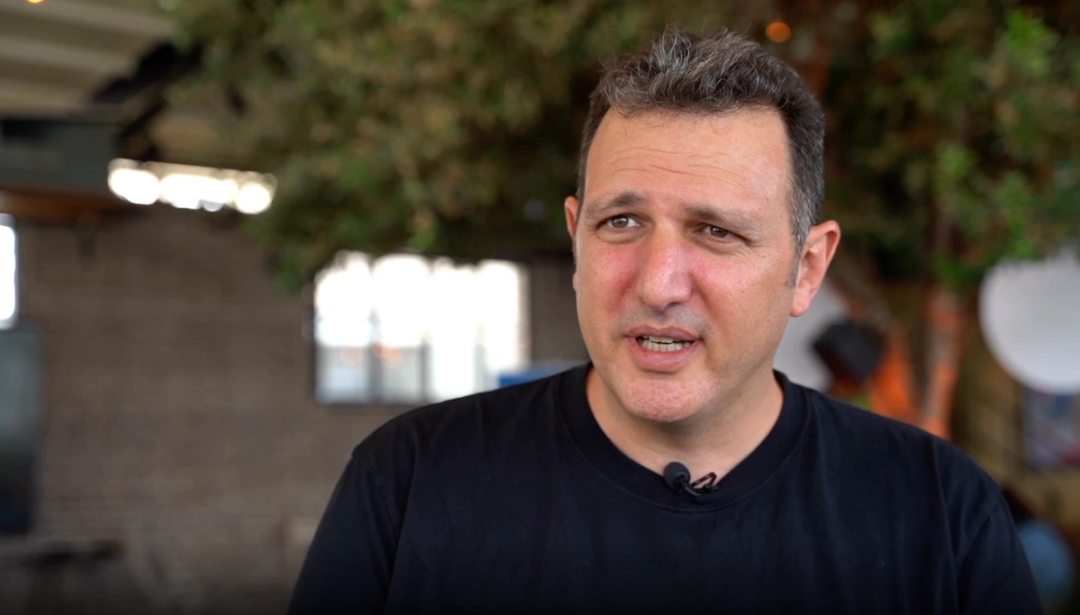Transcript
Hi. My name is Yuval Perlov. I'm CTO for K2View. At K2View, we develop real-time data products for very large organizations. When we started out a few years back, it was all on-premise. We're serving huge enterprises. So we needed multi-data center support and extremely high availability and Cassandra was our choice. And when we started shifting to the cloud, we were looking for alternatives, especially on the storage engine.
So now that we've completed this cloud migration were heavily reliant on Astra DB to give us this cloud-agnostic service that gives us a lot of flexibility on how we deploy our platform. And also the promise to our customers is that they'll be able to move between clouds so they don't have cloud locking. Moreover, a lot of the friction in beginning a new project is trying to estimate hardware capacity. with consumption-based billing, they know they're paying for exactly what they want at any given time.
Plus once you know how to calculate it, it becomes very obvious what's going to be our bill and you don't have to commit to anything beforehand to provisions hardware that you might need or might not need. So once we have this model as K2View and we provide that model to our customers, it was extremely beneficial for us that this is the exact same model we're paying for our storage engine and then it becomes very easy for us to price it to our customers, estimate it, how much is it going to cost us on top of Astra.
You need environments all the time. So the speed in which we can provision new services and decommission them when they're not needed, that's a big plus with Astra and that's not available if you're running Cassandra on your own. I think Astra, the fact that it's real Cassandra behind the scenes and real open source means that we are future-proofed.


